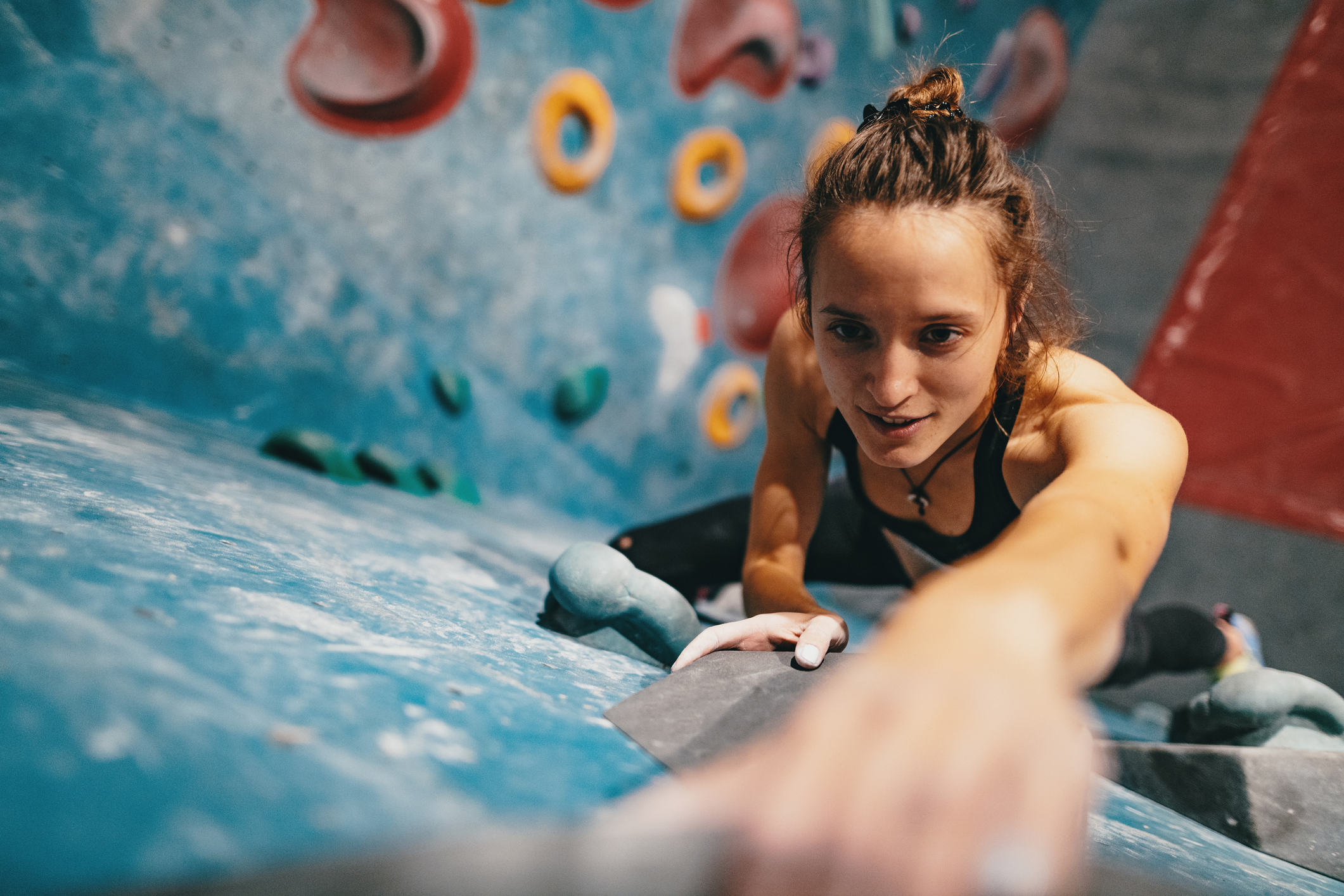Sport and leisure
Challenges in sport and leisure
Clubs, sports groups and leisure activities offer important opportunities for development, especially for children and young people. But adults also benefit from exercise and community activities. However, it is not always clear which offers are available locally - or how they can be financed.
Financial hurdles
- Membership fees and course fees: Participation in sports clubs or music and creative courses is often associated with costs that are difficult to bear for families on low incomes.
- Costs for equipment: Whether sportswear, musical instruments or craft materials - many hobbies require additional equipment that is not always affordable.
Lack of time and supervision
- Balancing work and family: Parents who are very busy at work often don't find the time to accompany their children to leisure activities or take part themselves.
- Childcare services: Children need to be accompanied to leisure activities - especially if they take place outside of school hours.
Access and participation
- Barriers for people with disabilities: Many leisure activities are not barrier-free for people with disabilities - whether due to a lack of barrier-free access or unsuitable course formats.
- Lack of information: Many people do not know what activities are available in their region or how to access subsidized leisure activities.
First steps: How to find suitable offers
Discover offers
- Explore local clubs and groups: Sports clubs, music schools or youth centers regularly offer trial offers where you can take part without obligation.
- Check leisure offers in the municipality: Many municipalities and cities publish leisure and sports offers on their websites or in citizens' offices.
- Use online platforms and apps: Digital platforms such as kim.nrw offer the opportunity to search for specific offers in the vicinity - from sports clubs to leisure courses.
Clarify interests and needs
- What do I or my child enjoy? Think about what kind of activity suits you - creative hobbies, exercise or community activities.
- Planning time and availability: Think about when and how often you have time for the activity - and how this can be reconciled with work, school or childcare commitments.
Check costs and funding
- Check funding options: Families on low incomes can receive financial support via funding programs such as the education and participation package (BuT).
- Use free offers: Many youth centers or open leisure activities are accessible free of charge. Find out from local facilities what is possible.
Finding support: Where can I get help?
Funding and financing offers
- Education and participation package (BuT): Families on low incomes can apply for financial support for sports clubs, music schools and leisure courses.
- Scholarships and project funding: Some foundations or sports projects award scholarships or cover costs for children from low-income families.
- Free offers from the city: Many municipalities offer free vacation programs, open playgrounds and leisure activities for children and young people.
Inclusion and accessibility offers
- Inclusive sports clubs: Some clubs offer sports courses specifically for people with disabilities - from wheelchair sports to inclusive soccer teams.
- Accessible leisure activities: Leisure parks, swimming pools and cultural institutions are increasingly offering accessible activities.
- Accompanying services and support: Some organizations offer escorts to make it easier for people with disabilities to access leisure activities.
.
Frequently asked questions about sport and leisure
Sports and leisure activities can be found via clubs, youth centers, Volkshochschulen (VHS) or communal leisure facilities. Many cities offer online platforms where local courses and activities are listed. Advice centers or neighborhood meetings can also tell you about suitable offers in your area.
If your income is low, you can apply for financial support via the Education and Participation Package (BuT). It covers the costs of club fees, sports courses or leisure activities for children and young people. Applications can be submitted to the job center, social welfare office or family benefits office. Advice centers help with the application process.
Recreational activities where contacts can easily be made can be found in clubs, neighbourhood meetings or volunteer services. Self-help groups and meetings in social institutions also offer opportunities to meet people with similar interests. Ask at local advice centers or district centers for offers in your area.
